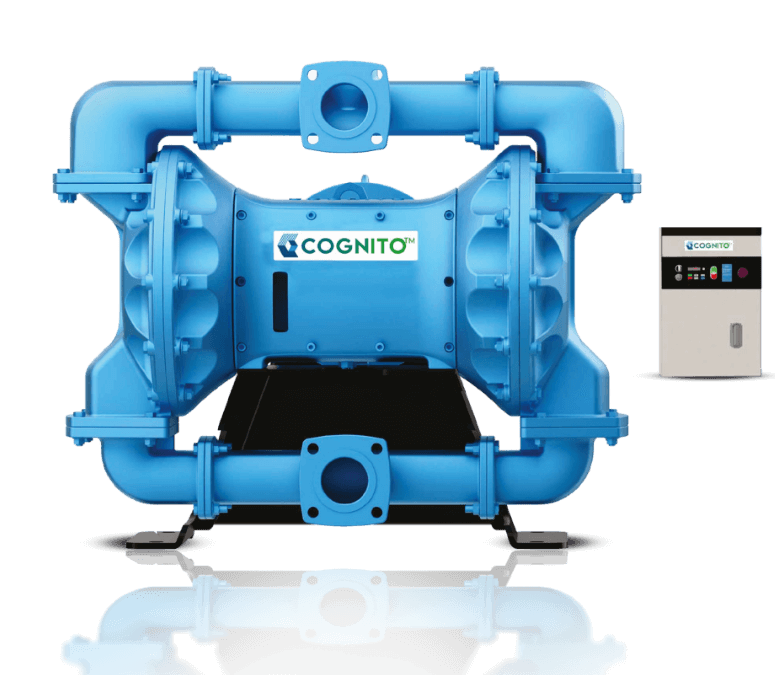Key Differences Between PFA Lined Valves and Sleeved Plug Valves
 |
| Key Differences Between PFA Lined Valves and Sleeved Plug Valves |
In industrial settings handling chemicals and corrosive liquids, conventional valves may not be up to the task. This is where PFA lined valves and sleeved plug valves step into the equation. Both provide corrosion resistance and dependable shutoff capabilities, each with benefits tailored to specific requirements. This article will explore the disparities between PFA lined valves, Sleeved plug valves, and aid in selecting the most suitable option for your operation.
PFA lined valves: shielding against corrosion
PFA lined valves, also referred to as plug valves, feature a
sturdy construction that offers exceptional defence against corrosive
substances. These valves are coated entirely with perfluoroalkoxy (PFA), a
high-performance fluoropolymer renowned for its chemical resistance. The inert
properties of PFA render it impervious to a range of chemicals, such as acids,
alkalis, and strong solvents.
Let's delve deeper into the characteristics of PFA lined
valves.
·
Superb Corrosion Resistance: The PFA
lining provides safeguarding against various corrosive liquids, making them
well suited for applications in chemical processing, pulp and paper
manufacturing, and challenging industrial environments.
·
Reduced Friction and Wear: The PFA
surface smoothness helps minimise friction between the plug and body, reducing
wear and tear and ensuring operation for an extended period of time.
·
Cavity-Free Structure: Valves
with PFA lining boast a cavity design that eliminates stagnation points,
preventing the accumulation of contaminants or fostering bacterial growth. This
feature makes them well suited for applications in industries like food and
beverage or pharmaceuticals.
·
Easy Quarter Turn Operation: Similar
to plug valves, PFA lined valves offer a simple quarter-turn operation for
convenient on/off control.
However, there are some drawbacks to consider with PFA lined
valves:
·
Sensitivity to Temperature: PFA has a
higher temperature tolerance compared to metal valve materials. While they can
handle temperatures in scenarios exceeding recommended limits, this may result
in deformation or liner failure.
·
Limited Throttling Capability: These
valves are mainly designed for on/off service and may not be suitable for
throttling applications.
·
Higher Cost: Due to the PFA lining and sturdy
construction, PFA
lined valves generally come at a higher price point compared to sleeved
plug valves.
Sleeved Plug Valves: An Affordable Choice for Specific
Applications
Sleeved plug valves provide a budget option compared to PFA
lined valves for various uses. These valves feature a PTFE
(polytetrafluoroethylene) sleeve that lines the flow path inside the body. PTFE
is a type of fluoropolymer, offers chemical resistance and low friction
properties.
Here are some notable features of sleeved plug valves:
·
Affordable: Sleeved plug valves are generally
more affordable than PFA lined valves due to their design and use of a
replaceable sleeve.
·
Chemical Resistance: The PTFE sleeve offers
protection against corrosive chemicals, making it suitable for diverse
industrial applications.
·
Easy Maintenance: The replaceable PTFE
sleeve allows for cost-effective maintenance in case of damage or wear.
·
Wider Temperature Range: In
comparison to PFA lined valves, sleeved plug valves can often
accommodate a temperature range depending on the body material used.
However, there are also some downsides to consider with sleeved
plug valves:
·
Prone to Wear and Tear: The PTFE
sleeve is more vulnerable to wear and tear compared to the PFA lining found in PFA
lined valves. This may result in leakage problems over time in high-cycle
applications.
·
Gaps: When it comes to sleeved plug
valves, there's a chance of gaps forming between the sleeve and the body, which
might trap contaminants or lead to leaks if the sleeve wears out. While sleeved
plug valves have improved, there could still be cavities where fluids can get
stuck.
Deciding between PFA lined valves and sleeved plug valves
depends on your needs. Here's a simple guide to help you make the choice:
·
If you need chemical resistance and a cavity-free
design, go for PFA
lined valves. They work best for handling fluids or maintaining strict
hygiene standards.
·
For cost-effective solutions, in applications with
corrosive media, sleeved plug valves are worth considering. Just keep in mind
maintenance costs for replacing sleeves.
IDEX Richter
IDEX Richter is your go-to partner for valves. As a
top manufacturer of performance valves, like PFA lined and sleeved plug
valves, they provide a wide range of valve options tailored to meet diverse
industry requirements.
Their valves are well known for their top-notch quality,
reliability, and durability. When you collaborate with IDEX Richter, you get
access to:
·
A wide range of PFA lined valves and sleeved plug
valves in sizes, materials, and pressure ratings to meet application needs.
·
A dedication to quality as their valves are carefully
designed and crafted using premium materials that adhere to strict industry
standards.
·
A team of experienced engineers to help you choose the
right valve for your specific requirements and offer ongoing technical
assistance.
·
A presence worldwide, timely delivery and reliable
post-sales support to keep your operations running smoothly.
Conclusion
Choosing the right valve for your needs is crucial for
optimal performance, safety, and cost effectiveness. Understanding the
distinctions between PFA lined valves and sleeved plug valves empowers
you to make a choice. For applications requiring corrosion resistance, a
cavity-free design and longer-lasting PFA lined valves are options. If cost is
a consideration and the application involves corrosive substances, sleeved plug
valves can be a suitable alternative. No matter what you need, rely on IDEX
Richter as your go-to partner for quality valves. Get in touch with them to
chat about your needs and check out our range of PFA lined valves and sleeved
plug valves.


Comments
Post a Comment